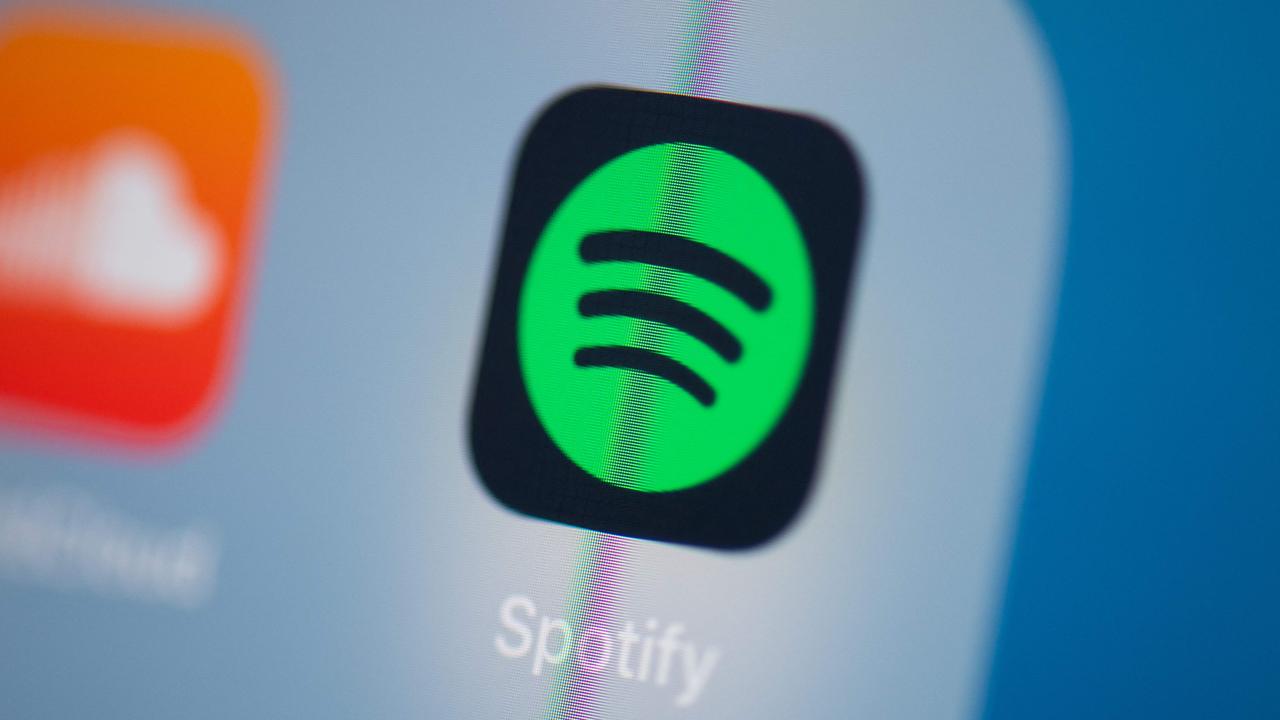
This article is more than
2 year oldSpotify has recently faced backlash over its newly-implemented Discovery Mode program.
The initiative, which gives artists greater exposure on the platform in exchange for a lower royalty rate, was announced during the company’s Stream On event in March 2021 and has continued to be criticised all the way up to its 2023 launch.
Under Discovery Mode, artists or their teams can submit tracks for consideration to be included on Spotify‘s radio and autoplay features. In exchange for this greater algorithmic exposure, they agree to receive a lower royalty rate for streams of their music.
For some, it’s an inventive new way to link potential fans to new music, but others in the industry believe it to be yet another way to shave the pay cheque of hardworking musicians whose work is the lifeblood of an app that rakes in billions od dollars each year.

According to Spotify, the goal of Discovery Mode is to help emerging artists get more visibility on the platform. The company argues that the program can help artists reach new listeners who might not have discovered their music otherwise.
However, some in the music industry have criticised the initiative, arguing that it is a form of payola.
Payola is the practice of offering financial or other incentives to radio stations or DJs in exchange for airplay of a particular song or artist. While payola is illegal in many countries, it has long been a controversial issue in the music industry.
Currently, artists can expect to receive approximately 0.005 cents per stream, forcing emerging bands to scrap the idea of ever making a wage from royalties alone.
Stem clients are putting real numbers on the board with Discovery Mode. Can't wait to get them access to the latest features! #SpotifyStreamOn https://t.co/cpW6xRX2iA
— Stem (@stem) March 8, 2023
“It’s perhaps the most brazenly anticompetitive form of payola we’ve seen in digital music,” the FoMC tweeted.
The Coalition argued that the program’s low royalty rates would make it difficult for artists to earn a living from their music, and that the focus on algorithmic manipulation could lead to a lack of diversity and creativity on the platform.
Many artists have argued that streaming platforms like Spotify do not pay them fairly for their work, and that they need to do more to support emerging talent.
Some, including UK-based multi instrumentalist and produced John Michie, say they’ve already tried the service and saw no distinct rise in streams.
New York-based DJ Luca Lush described Discovery Mode as “predatory”.
The most predatory change to spotify is “Discovery Mode”
— LUCA LUSH (@LUCALUSH) March 10, 2023
U can now opt in for a 30% reduced royalty rate for increased “algorithmic exposure”
If u dont, less plays vs anyone who has
Ideally for spotify, EVERYONE opts in, they take 30% more revenue & no one gets more plays ?
Just saying.. I tried discovery mode on spotify... I saw no increase in plays or listeners... likely getting 30% less for pissing around with it though
— John Michie (@johnmichiemusic) March 10, 2023
Singer David Byrne of Talking Heads previously criticised the streaming landscape, stating that “if artists have to rely almost exclusively on the income from these services, they‘ll be out of work within a year”.
Radiohead singer Thom Yorke has also been vocal on the issue of low pay for emerging artists.
“Make no mistake — new artists you discover on #Spotify will not get paid. Meanwhile, shareholders will shortly be rolling in it,” he said previously.
However, Spotify has defended its practices as a major player in the music industry, arguing that it is a valuable tool for independent artists who might not have the resources to promote their music through other channels.
The company has also emphasised that participation in Discovery Mode is voluntary, and that artists are free to choose whether or not to submit their music for consideration.
“The commission is a percentage of revenue generated on those select streams. This cost is deducted from future Spotify statements, so no upfront cash budgets are required,” a Spotify spokesperson told news.com.au
“Discovery Mode is designed to help drive long-term connections and surface an artist’s next fans. On average, artists have seen an average 50 per cent increase in saves, 44 per cent increase in user playlist adds, and 37 per cent increase in follows during their first month in Discovery Mode.
“In terms of payment to artists, it is worth noting Spotify does not pay artists or songwriters directly. Nearly 70 per cent of our revenue is paid back as royalties to rights holders, who then pay the artists and songwriters, based on the agreed terms.
“These rights holders include record labels, publishers, independent distributors, performance rights organisations, and collecting societies.”